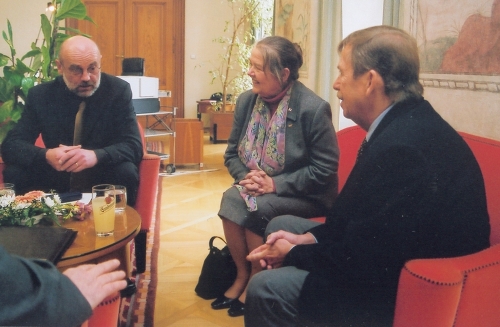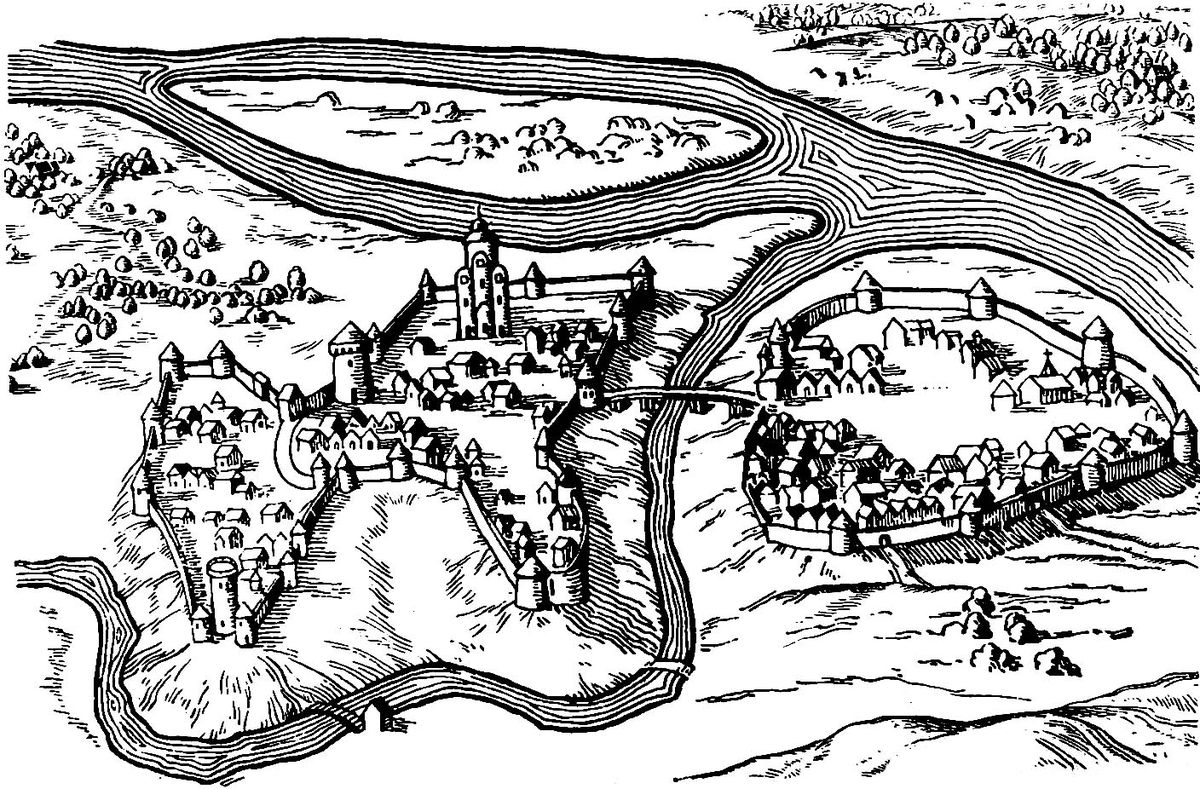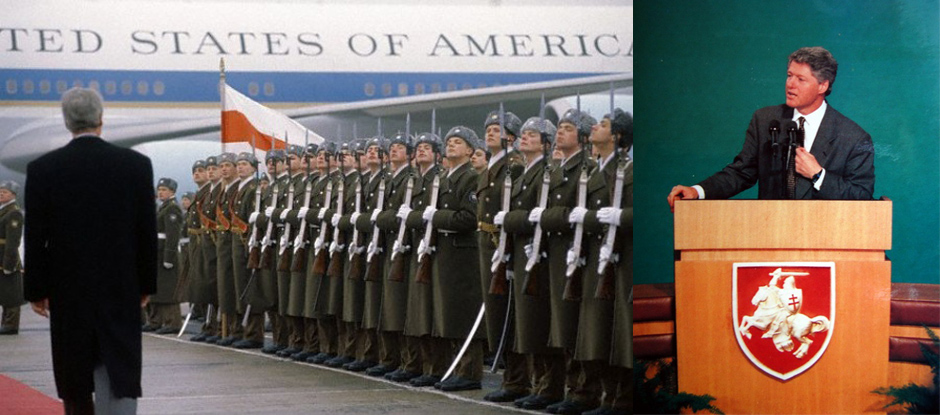The BNR Rada as the oldest Belarusian democratic advocacy group

The BNR Rada in exile has several important practical functions as a legal safeguard of the first democratic Belarusian statehood, as a representation of Belarus in the Free World and as an association of politically active Belarusian communities in different countries. Below we are publishing answers to several questions that the BNR Rada has received from the public.
1. How did you manage to keep the uninterrupted tradition of statehood intact for so many years?
The tradition of the Belarusian Democratic Republic was preserved through years of effort and work of the Belarusian diaspora. Hundreds of concerned and politically active people, even in exile, remained faithful to Belarus and spent their energy, time and money on Belarusian activism. The constitutional regulations of the BNR Rada, adopted in 1917-1918, allowed for the co-optation of new members. This allowed the Rada to refresh its membership over the subsequent decades.
BNR Rada has traditionally relied on the organizations of the Belarusian diaspora in the United States, Canada, the United Kingdom, France and Australia. Since the fall of the Soviet Union, Belarusian communities in the Czech Republic and Poland also play a significant role. Separate members of the Rada also live in other countries.
The community of Belarusian political exiles has been constantly supported by new waves of political refugees: in the twenties, then after World War II, and then after A. Lukashenka came to power.
In exile, the BNR Rada has been performing several important functions.
Firstly, the Rada remained a guardian of the traditions and of the continuity of the Belarusian liberation movement at a time when the occupiers of Belarus brutally fought this movement, killing thousands and sending tens of thousands to concentration camps. As de jure the supreme governmental institution of the Belarusian Democratic Republic in exile, whose task is to guarantee the establishment of a democratic Constitution and permanent democratic state bodies of Belarus, the BNR Rada is an important legal, historical and moral factor. An army is not considered defeated if the enemy hasn’t captured it’s flag. Same with the BNR Rada remaining active in exile.
Secondly, the BNR Rada represents the interests of the Belarusian people in the free world, educates policymakers and the general public in the West, counters the propaganda about Belarus.
Finally, the BNR Rada is there to unite Belarusian political activists in different countries, from Canada to Australia.
2. How do you plan to establish the authority of the Belarusian Democratic Republic on the territory of the Republic of Belarus? Will you follow the scenario of the Ukrainian People’s Republic’s government in exile or a different path?
The BNR Rada does not necessarily aim at taking the place of the current authoritarian government of Belarus.
The BNR Rada was established in December 1917 at the All-Belarusian Congress of political and social organizations. The BNR Rada became a provisional supreme state body of Belarus, whose task was to hold a national Constituent Assembly, where a democratic Constitution would be adopted. According to this Constitution, democratic elections would be held, and permanent state bodies would be established – and later accept the authority from BNR Rada.
History, as we know, made its adjustments. But our ultimate goal remains the same as a hundred years ago – to transfer the BNR Rada’s historical mandate to a democratically elected government of Belarus, and thus to give this future government historical legitimacy. Thereby we would legally and symbolically link the Belarusian Democratic Republic of 1918 and the future democratic Belarus, finally witnessing the victory of the Belarusian national liberation movement and the achievement of the goals set for us by the All-Belarusian Congress in 1917.
3. Is there a shadow government and do you have an action plan in case you return to power?
De jure, the Presidium of the BNR Rada has the functions of a government. As stated above, the Rada does not necessarily need to return to power itself: we look forward to the formation of a democratic government in Belarus, and our mission is to contribute to this in every way, in cooperation with the democratic opposition inside Belarus.
The Rada has no ideology other than adherence to a number of basic values.
The first value is the independence of Belarus on the basis of the Belarusian culture and language, and of the continuity with previous historical forms of the Belarusian statehood, especially the Grand Duchy of Lithuania and the Duchy of Połack.
Our second unconditional fundamental value are the principles of democracy and respect for human rights.
4. With what other governments in exile do you have official contacts? Are there any acts of recognition or mutual recognition?
The BNR Rada has traditionally had contacts with representatives of the governments of the United States, Canada, the United Kingdom, the Czech Republic and other countries. After the collapse of the Soviet Union we have no relations with other governments in exile: the relevant institutions of Poland, Ukraine and the Baltic States have transferred their powers to democratic authorities of their countries.
Unlike in the Cold War, now our contacts are not fully-fledged interstate contacts: there is a certain legal conflict due to the fact that the Republic of Belarus is now officially recognized as a sovereign state and has diplomatic relations with the democratic nations. We are interested in Belarus having this status.
This does not prevent us from acting as de facto the oldest global Belarusian pro-independence and pro-democracy advocacy group, as the coordinating body of activists working with the governments of the countries in which they live.
However, if threats to the independence of the Republic of Belarus become realized, the BNR Rada will remain the sole legal governmental body that represents Belarus in the world. The existence of the BNR Rada as such a potential “insurance” is still justified because the current regime in Belarus is incapable of guaranteeing the state sovereignty.
5. Do you plan to issue coins or print stamps, even as souvenirs?
Previously, the Rada used to issue stamps, also while already in exile. Now we also receive such proposals but are not engaged in anything like that. It is not clear how this would help us achieve our goals. The BNR Rada is trying to engage in projects that would have a real impact, given our capabilities and status. We do not want to turn into a sham and a parody of ourselves, like some other exiled governments and royal houses have: this would be a clear sign of decline.
6. What state awards does the BNR Rada have? What moments of Belarusian history are commemorated with the awards of the BNR Rada? Can you tell us about who has been awarded by the government of the Belarusian Democratic Republic?
Four awards are currently recognized as official by the BNR Rada: the Order of the Pahonia, the Order of the Iron Knight, the Partisan Medal and the Belarusian Democratic Republic 100th Jubilee Medal.
The Order of the Pahonia is the highest state award. The Order of the Iron Knight is the highest military award. The Partisan Medal was presented to the participants of the partisan struggle for the independence of Belarus, and the medal to the Belarusian Democratic Republic 100th Jubilee Medal – to our outstanding contemporaries who have contributed to the popularization and development of the Belarusian culture, the struggle for democracy and independence of Belarus.
Among the recipients of the Belarusian Democratic Republic 100th Jubilee Medal there are several outstanding Belarusian statespeople who have restored the independence of Belarus in 1991 and whose achievements are not being recognized by the pro-Russian regime of A. Lukashenka. These include the leaders of the Belarusian Popular Front and the first head of state of the restored independent Belarus, Stanisłaŭ Šuškievič (Shushkevich). The Medal was also presented to outstanding cultural figures, including Nobel laureate Śviatłana Aleksijevič (Svetlana Alexievich), as well as to pro-democracy activists, political prisoners, activists of the Belarusian diaspora and foreigners who have been helping Belarus.
(Photo: BNR Rada President Ivonka Survilla with the President of Czech Republic, Václav Havel in 2004)



